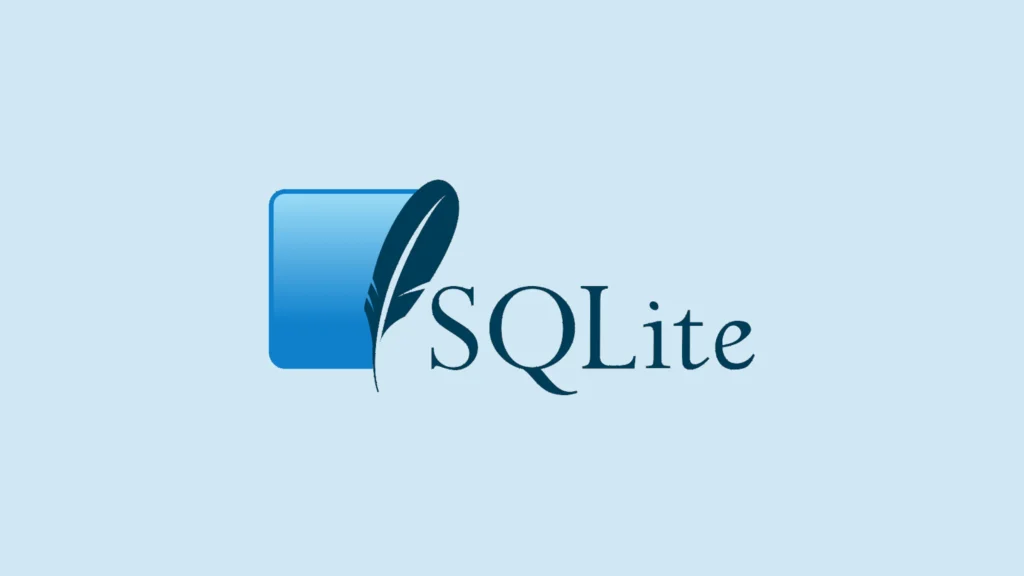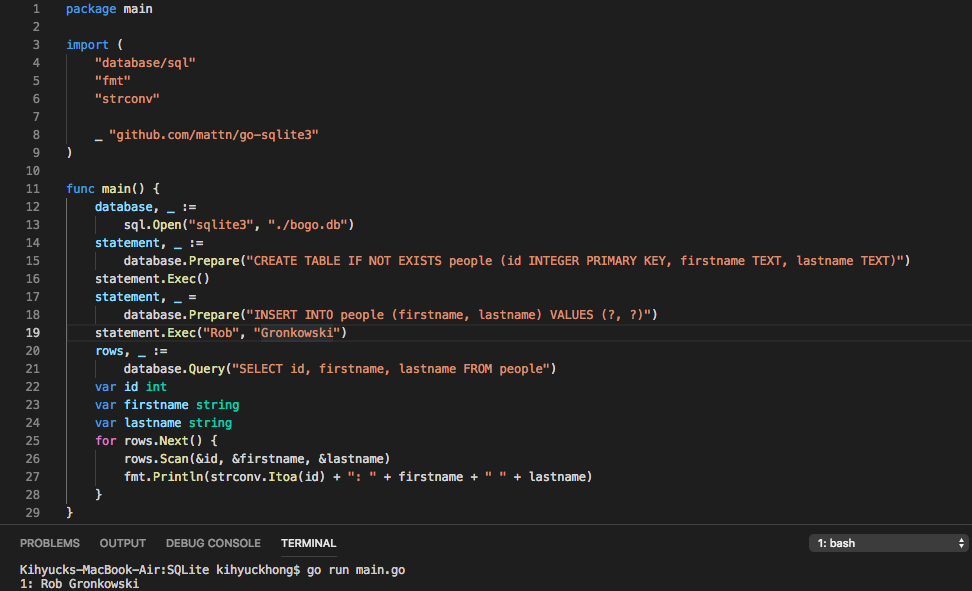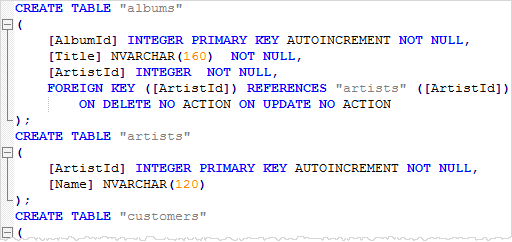SQLite
WHAT IS SQLITE?
- SQLite is a popular open-source relational database management system (RDBMS) that is self-contained and serverless.
- It is designed for simplicity, efficiency, and ease of use.
- SQLite is an embedded database engine, which means it is designed to be integrated directly into applications.
- SQLite databases are stored as a single file on the disk, making them highly portable and easy to manage.

USE OF SQLITE
SQLite is widely used in embedded systems where a lightweight and self-contained database solution is required. It is commonly employed in applications such as IoT devices, mobile apps, and firmware development. Its small footprint and minimal resource requirements make it ideal for embedded platforms with limited memory and processing power.
SQLite is the default database engine for many mobile platforms, including Android and iOS. It provides a reliable and efficient storage solution for mobile apps, allowing developers to store and manage data locally on the device. With SQLite, mobile apps can implement features like offline data access, caching, and local storage of user preferences.
SQLite is suitable for desktop applications and client-side database requirements. It can be used in a wide range of applications, such as productivity tools, data analysis software, and standalone utilities. Its portability and easy integration make it a convenient choice for developers looking for a simple and efficient database solution.
SQLite is often utilized during the prototyping and development phase of software projects. Its simplicity and quick setup allow developers to create and test database-backed functionalities without the need for complex database server installations. This speeds up the development process and facilitates iterative development and testing.
WHAT ARE THE FEATURES OF SQLITE?
Zero Configuration – SQLite does not require any configuration or setup process. It operates as a serverless database, allowing developers to start using it immediately without the need for any installation or configuration steps. The database is contained within a single file, making it easy to distribute and deploy.
Lightweight and Small Footprint – SQLite is designed to be lightweight and has a small memory footprint. The entire database engine is typically around 500 KB in size, making it ideal for resource-constrained environments such as mobile devices or embedded systems. It consumes minimal CPU and memory resources, ensuring efficient performance.


ACID Compliance – SQLite supports ACID (Atomicity, Consistency, Isolation, Durability) properties, ensuring data integrity and transactional consistency. It guarantees that database operations are atomic and either fully committed or fully rolled back, providing reliability and data consistency.
Full SQL Support – SQLite supports a substantial subset of SQL92 standard, allowing developers to utilize SQL for database operations. It supports commonly used SQL features such as SELECT, INSERT, UPDATE, DELETE, and JOIN statements. Additionally, it provides advanced features like subqueries, triggers, views, and indexes.
THE BENEFITS OF LEARNING TO CODE WITH SQLITE
Simplicity – SQLite has a straightforward and easy-to-understand syntax, making it an excellent choice for beginners learning database programming. Its simplicity allows developers to grasp fundamental database concepts and SQL principles quickly.
Versatility – SQLite is a widely used database engine that can be utilized in various application scenarios. Whether you’re developing desktop software, mobile apps, or embedded systems, SQLite can handle different use cases efficiently.
Lightweight and Efficient – SQLite’s small footprint and efficient design make it ideal for resource-constrained environments. It consumes minimal system resources, including memory and CPU, resulting in faster performance and improved scalability.
Portability – SQLite databases are portable and can be easily moved across different platforms and operating systems. This portability enables developers to work on multiple devices without worrying about compatibility issues or complex deployment processes.
Flexibility – SQLite supports a wide range of data types, allowing developers to store and manipulate different types of data. This flexibility enables the handling of diverse data structures and enhances the adaptability of SQLite for various application requirements.
